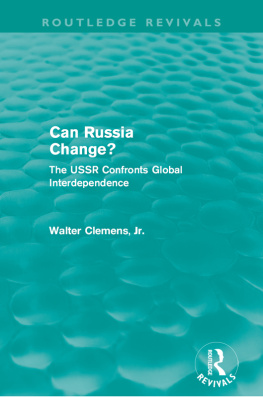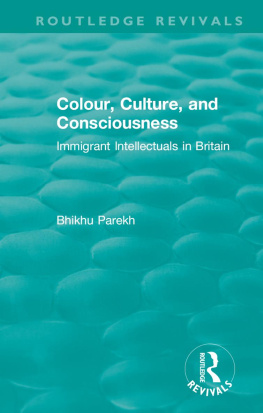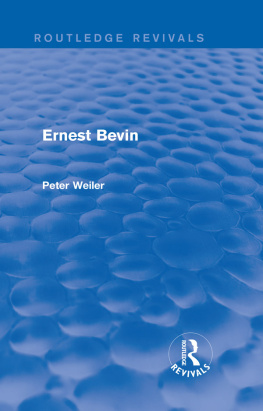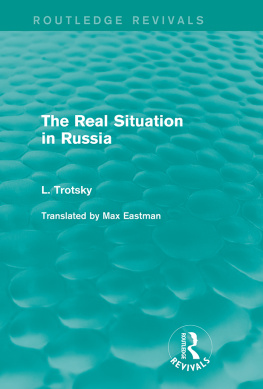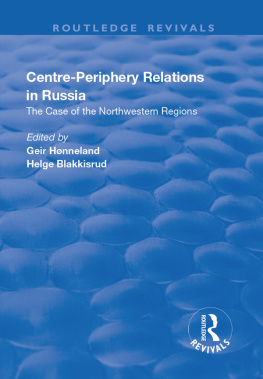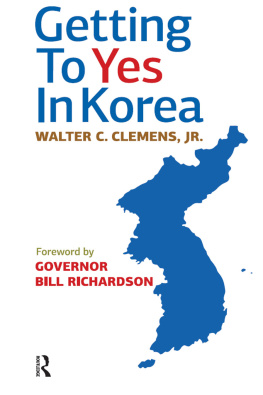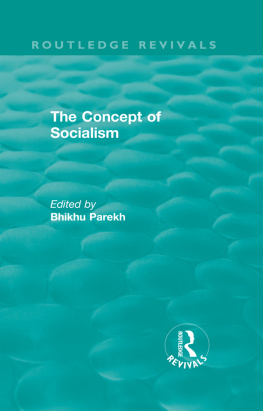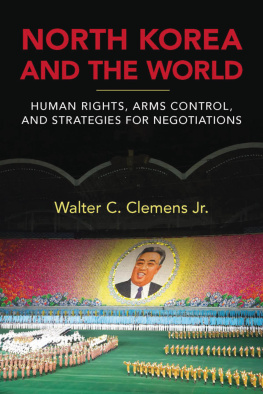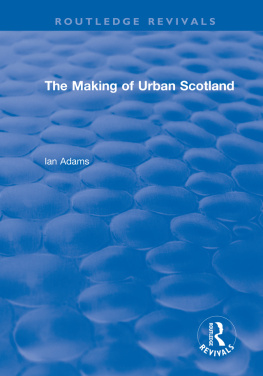Routledge Revivals
Can Russia Change?
First published in 1990, this ground-breaking book sought to determine whether contemporary Russia had the capacity to change and if, in so doing, it could alter the complex web of East-West relations from a zero-sum struggle to a state of peaceful competition and mutual security.
In order to answer this question, the author compares advances and setbacks in arms control and security affairs with co-operation on less politically salient issues such as environmental degradation. He finds that in the nearly seventy years preceding Mikhail Gorbachevs rise to power, the Kremlin relied on several basic approaches to foreign relations. These policies isolated the Soviet Union from those nations whose co-operation it needed to cope with the escalating interdependencies of the time. Gorbachev, Clemens argues, was the first Soviet leader to recognise both the problems and potential benefits of global interdependence and to explore the possibilities for co-operation between East and West to advance mutual security.
Can Russia Change? is unique in its comparative approach and historical perspective, and this reissue will prove invaluable to all those interested in the history of Soviet security and foreign policy, as well as US-Soviet relations.
First published in 1990
by Unwin Hyman, Inc
This edition first published in 2011 by Routledge
2 Park Square, Milton Park, Abingdon, Oxon, OX14 4RN
Simultaneously published in the USA and Canada
by Routledge
711 Third Avenue, New York, NY 10017
Routledge is an imprint of the Taylor & Francis Group, an informa business
1990 Unwin Hyman, Inc
All rights reserved. No part of this book may be reprinted or reproduced or utilised in any form or by any electronic, mechanical, or other means, now known or hereafter invented, including photocopying and recording, or in any information storage or retrieval system, without permission in writing from the publishers.
Publishers Note
The publisher has gone to great lengths to ensure the quality of this reprint but points out that some imperfections in the original copies may be apparent.
Disclaimer
The publisher has made every effort to trace copyright holders and welcomes correspondence from those they have been unable to contact.
A Library of Congress record exists under ISBN: 0044455364
ISBN 13: 978-0-415-50061-6 (hbk)
ISBN 13: 978-0-203-12568-7 (ebk)
CAN RUSSIA CHANGE?
The USSR Confronts Global Interdependence
WALTER C. CLEMENS, Jr.
Boston
UNWIN HYMAN
London Sydney Wellington
1990 by Unwin Hyman, Inc.
This book is copyright under the Berne Convention. No reproduction without permission. All rights reserved.
Unwin Hyman, Inc.
8 Winchester Place, Winchester, Mass. 01890, USA
Published by the Academic Division of
Unwin Hyman Ltd
15/17 Broadwick Street, London W1V 1FP, UK
Allen & Unwin (Australia) Ltd,
8 Napier Street, North Sydney, NSW 2060, Australia
Allen & Unwin (New Zealand) Ltd in association with the Port Nicholson Press Ltd, Compusales Building, 75 Ghuznee Street, Wellington 1, New Zealand
First published in 1990
Library of Congress Cataloging-in-Publication Data
Clemens, Walter C.
Can Russia Change?: The USSR confronts global interdependence by Walter C. Clemens, Jr.
p. cm.
Includes index.
ISBN 0-04-4455364.ISBN 0-04-445537-2 (pbk.)
1. Soviet UnionForeign relations1985- 2. World politics1985-1995. I. Title
DK289.C54 1989
British Library Cataloguing in Publication Data
Clemens, Walter C.
Can Russia change? the USSR confronts global independence.
1. Soviet Union. Foreign relations. Policies of government
I. Title
327.47
ISBN 0-04-445536-4
ISBN 0-04-445537-2 Pbk
Acknowledgments
Many individuals and institutions have contributed to this study. I want to thank the following organizations for supporting portions of the research: Boston University; Harvard Center for Science and International Affairs; UCLA Center for Strategic and International Affairs; Rockefeller Foundation; U.S. Department of State; Harvard Russian Research Center; Kennan Institute for Advanced Russian Studies; Stanley Foundation; and American Enterprise Institute.
Many Fellows of the Kennan Institute and the Woodrow Wilson International Center for Scholars contributed to the surveys of Soviet and U.S. foreign policy discussed in and elsewhere in the book. Several Soviet scholars, some of them in internal or external emigration, as well as my friend from student days at Moscow University, Valerii N. Riabskii, have contributed to this study in many ways. Many individuals inspired or clarified much of the analysis: Andrei D. Sakharov, George F. Kennan, Howard Raiffa, Joseph S. Nye, Jr., and Jerome B. Wiesner. Conversations and correspondence with Kurt Campbell, Jos Garriga-Pico, B. Welling Hall, Sergei N. Khrushchev, Mark Kramer, Vojtech Mastny, Sergo Mikoyan, Stephen Meyer, Steven Rosefielde, and Stephen Shenfield have helped in understanding many of the issues studied here. Parts of the study were discussed by Richard Pipes, Gerhard Wettig, Robert V. Daniels, Alfred G. Meyer, Wladislaw Krasnow, and Robert Wesson at three meetings of the American Association for the Advancement of Slavic Studies.
Joe Nye, Kurt Campbell, and others at Harvards Center for Science and International Affairs created a climate that nourished hard thinking and hard work, graced by a smile and comraderyjust the right crucible for a study such as this to take shape. Hermann Fr. Eilts, Walter Connor, S. Frederick Starr, Roman Kolkowicz, and William Potter are among those who also helped to produce positive settings in which to work. An invitation from the Institute of World Economics and International Relations in Moscow in March 1989 permitted exploration of certain ideas in the manuscript with scholars there, the Institute for USA and Canadian Studies, and with scholars and political activists in Tallinn. My special thanks to Boris E. Messiia, Tiiu Pohl, Sergei E. Blagovolin, Aleksandr G. Saveleev, Raphael V. Vartanov, Viktor M. Sergeev, Rein Veidemann, Tiit Kabin, Aleksander Klauson, and Viacheslav V. Ivanov.
Boston University students Gerard Coyne, David Young, and Mark Jacobson assisted the research, Jacobson also doing the index. Students in Political Science courses 684 and 782 in 1988 and 1989 vetted the manuscript. Zhan Jun translated Chinese sources and provided calligraphy.
Lisa Freeman, Peggy McMahon, and Lauren M. Osborne at Unwin Hyman provided unfailing encouragement as well as solid professional judgment in bringing a bulky manuscript to print; Lois Smith carefully prepared it for publication. Shawn ONeil found needed references.

